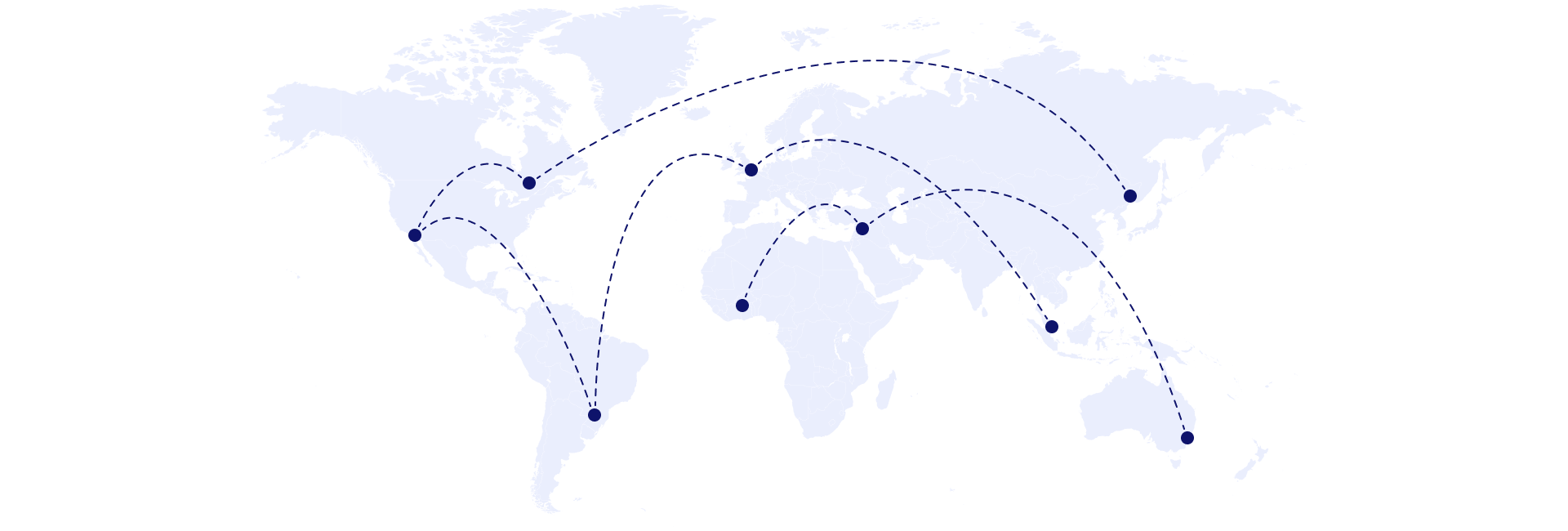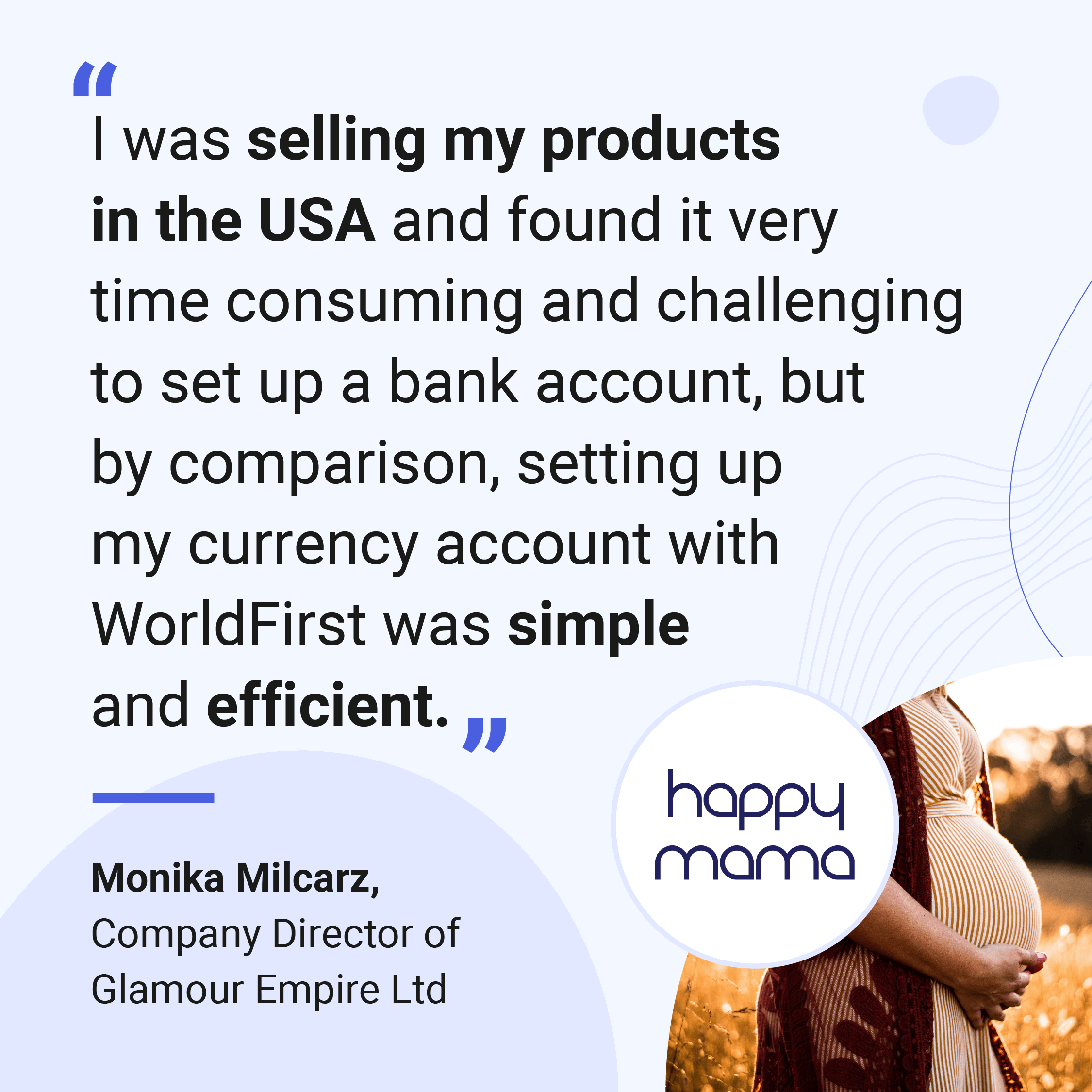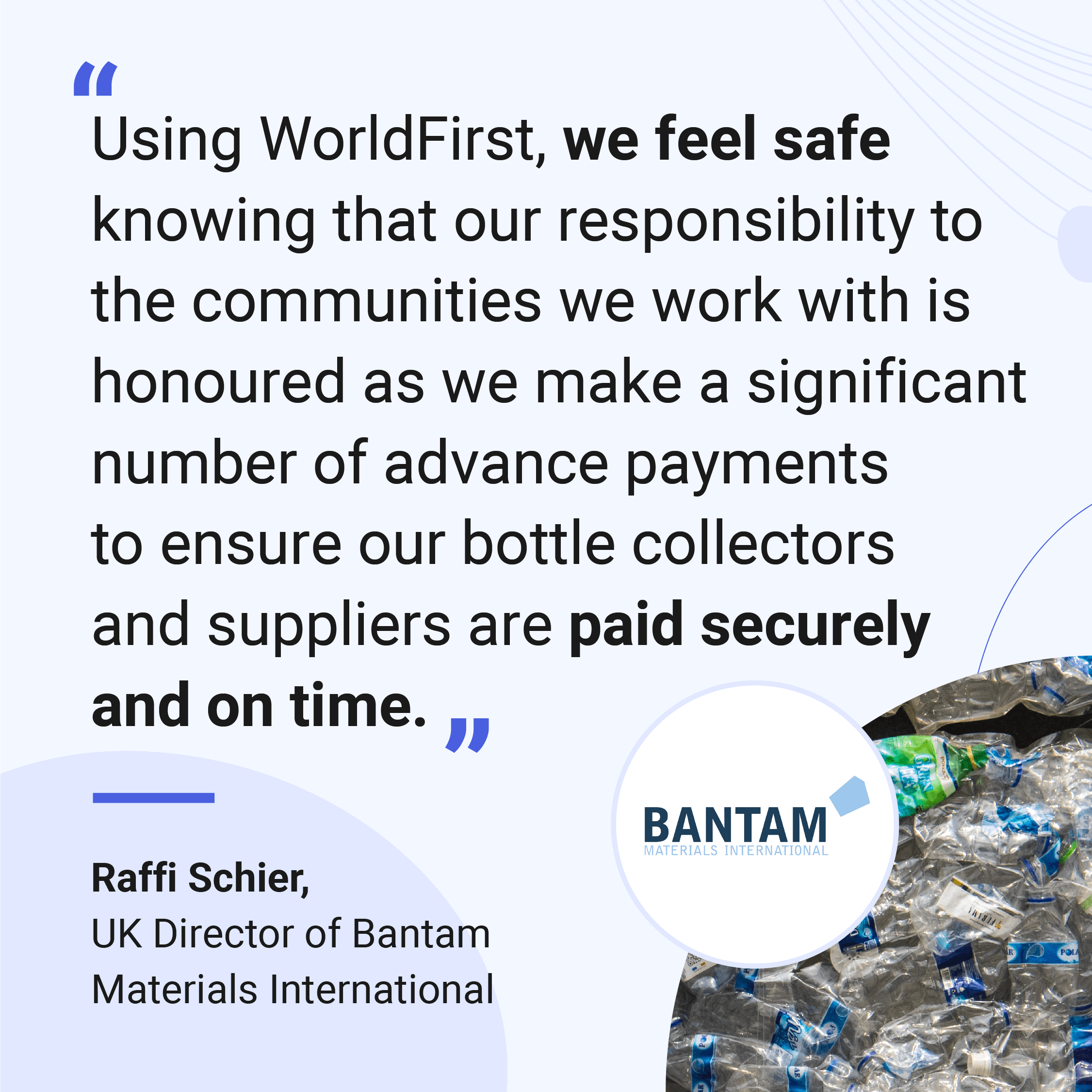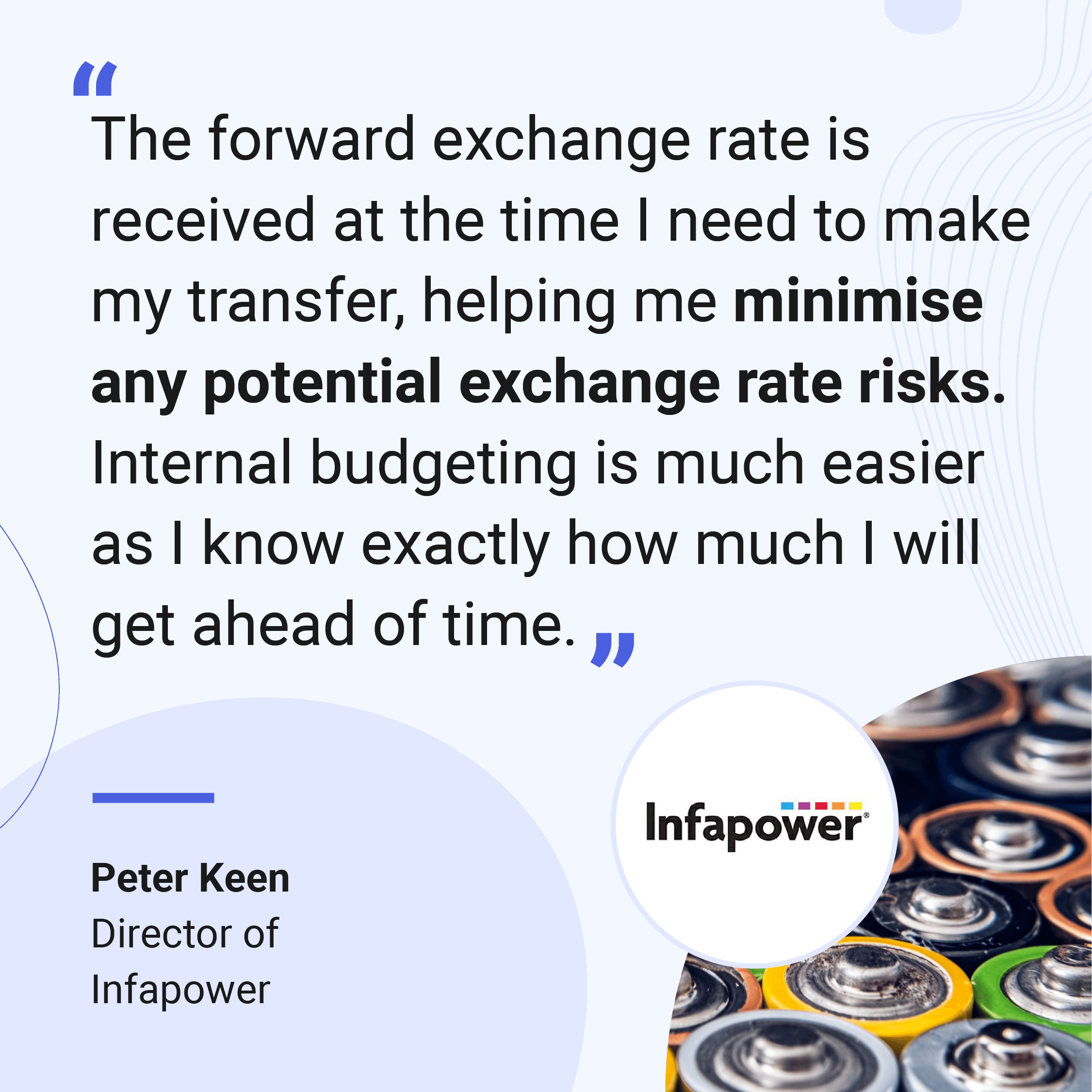
If you’re a successful UK marketplace seller, you almost certainly have a business account with a high street bank or a domestic challenger bank. International expansion brings a fresh set of financial challenges: should you open an international digital bank account for your business in addition to your existing UK business current account, for example? What about currency exchange fees?
In this article, we’ll define international digital bank accounts, and then explore foreign corporate account pros and cons. Finally, we’ll look at the best international currency transfer methods for businesses.
What is an international digital bank account?
Simply put, an international digital bank account is an online-only bank account based in a country you’re not resident in. If you live in the UK and want to expand your business into Spain, or China, or Australia, for instance, you might decide to open a digital corporate bank account in your target country.
Online-only challenger banks emerged in the wake of the 2008 financial crisis. In Britain, they sought to take on the "big four" high street banks, offering customers alternative banking solutions with transparent fee structures and competitive interest rates on credit products. International banks were similarly vulnerable to fintech innovation and renewed competition.
Like traditional banks, online-only banks offer current accounts, business accounts, debit cards, credit cards, personal loans, mortgage loans and other financial products. Many also charge monthly current account and overdraft fees. Some challenger banks are regulated by local financial regulatory bodies (in the UK, the Financial Conduct Authority – the FCA), just like high street banks. Not all of them are, though, so scrutinise the small print before you open an account.
Foreign corporate account pros and cons
International payments and collections factor into any global expansion strategy. Do you actually need an international digital bank account, and if so, can you open one easily from the UK? Let’s examine some of the biggest pros and cons of foreign corporate accounts.
Foreign corporate account pros include:
- Having an official financial presence in a foreign country can make it easier to qualify for business loans and government-backed grants in that country
- Having a foreign corporate bank account can help you comply with financial regulations in your target market
Foreign corporate bank account cons include:
- Foreign corporate bank accounts can be extremely hard to open unless you have a physical presence in the country – even if they’re digital-only
- If you want to avoid hefty bank fees, you’ll need to partner with an intermediary to move your money from your international business account to the UK
- Time zones and language differences can make customer service departments difficult to reach and to communicate with
- You can’t wander into a branch to discuss your account if you bank with an online-only foreign financial institution
- Foreign banks are covered by foreign financial regulations, rather than FCA rules
Best international currency transfer methods
When they’re directly compared to high street banks, online-only accounts do offer value for money. Most challenger banks still use the Society for Worldwide Interbank Financial Telecommunication (SWIFT) network to facilitate international transfers, however– and SWIFT is a notoriously expensive means of moving money.
Bank fees associated with cross-border transfers can include:
- A SWIFT tracing fee
- A transfer sender fee
- A transfer recipient fee
- An exchange rate premium
- Miscellaneous overhead-related fees
The good news is that you don’t have to use your bank account – foreign or otherwise – to make international transfers. Instead, you can maintain security and payment speed with a fintech like WorldFirst.
If you plan to open an e-commerce store – or a physical shop – in China, for instance, you can open a WorldFirst account and use it as a hub for POS, payment gateway and e-wallet payments. If you’re an exporter, our account is also a great way to receive overseas payments.
UK-based importers can use a WorldFirst to pay trading companies and manufacturers in East Asia directly – without involving an intermediary for payments to mainland China.
Fintechs like WorldFirst effectively remove the need for a foreign bank account completely, saving you time and hassle. You benefit from ultra-competitive currency exchange rates, and can integrate seamlessly with Xero to make accounting easier.
Simplify international transactions with WorldFirst
British businesses with global expansion strategies often wonder if they also need foreign corporate accounts. Some international digital bank accounts do accept applications from UK-based business customers, but because of time zone and language differences, customer service teams aren’t always available or easy to communicate with.
Many business owners are relieved to learn that they might not need to open corporate accounts in target markets. Instead, they can open an account with WorldFirst to receive e-commerce payments and send funds to suppliers and staff members overseas.

You might also like
WorldFirst articles cover strategies to mitigate risk, the latest FX insights, steps towards global expansion and key industry trends. Choose a category, product or service below to find out more.
Businesses like yours trust WorldFirst
- Almost 1,000,000 businesses have sent $150B around the world with WorldFirst and its partner brands since 2004
- Your money is safeguarded with leading financial institutions

What our customers say about our services





